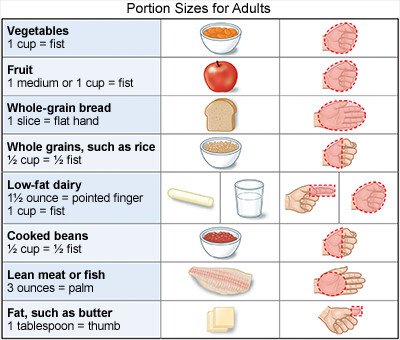Epiploic Appendagitis
Medically reviewed by Drugs.com. Last updated on Apr 6, 2025.
Epiploic appendagitis is a condition that causes severe abdominal pain. The condition develops when blood cannot flow to small pouches of fat on your large intestine.
 |
DISCHARGE INSTRUCTIONS:
Call your doctor if:
- You have a fever.
- Your pain continues longer than 1 week.
- You are vomiting and cannot keep food down.
- You have chills, a cough, or feel weak and achy.
- You have trouble having a bowel movement, or you have diarrhea.
- You have questions or concerns about your condition or care.
Drugs used to treat this and similar conditions
Tylenol
Tylenol is a pain reliever and a fever reducer used to treat many conditions such as headaches ...
Dilaudid
Dilaudid (hydromorphone) is a narcotic pain reliever used to treat moderate to severe pain ...
Ozempic
Learn about Ozempic (semaglutide) for type 2 diabetes treatment, weight management, cardiovascular ...
Qutenza
Qutenza patches are used to treat neuropathic pain associated with postherpetic neuralgia and ...
OxyContin
OxyContin (oxycodone) is an opioid pain reliever used to treat moderate to severe pain. Includes ...
Percocet
Percocet (acetaminophen and oxycodone) is used to relieve moderate to severe pain. Includes ...
Acetaminophen/hydrocodone
The combination of hydrocodone and acetaminophen is used to relieve moderate to severe pain ...
Hydrocodone
Hydrocodone (Hysingla ER and Zohydro ER) is used for around-the-clock treatment of severe pain ...
Oxycodone
Oxycodone is an opioid analgesic used to treat moderate to severe pain; it has a high potential for ...
Acetaminophen
Acetaminophen is a widely used pain reliever and fever reducer for conditions like headaches ...
Medicines:
You may need any of the following:
- NSAIDs help decrease swelling and pain or fever. This medicine is available with or without a doctor's order. NSAIDs can cause stomach bleeding or kidney problems in certain people. If you take blood thinner medicine, always ask your healthcare provider if NSAIDs are safe for you. Always read the medicine label and follow directions.
- Antibiotics may be given to treat a bacterial infection.
- Take your medicine as directed. Contact your healthcare provider if you think your medicine is not helping or if you have side effects. Tell your provider if you are allergic to any medicine. Keep a list of the medicines, vitamins, and herbs you take. Include the amounts, and when and why you take them. Bring the list or the pill bottles to follow-up visits. Carry your medicine list with you in case of an emergency.
Manage or prevent epiploic appendagitis:
- Manage your weight. Ask your healthcare provider what a healthy weight is for you. Your provider can help you create a safe weight-loss plan, if needed.
- Eat a variety of healthy foods. Healthy foods include vegetables, fruit, low-fat dairy products, lean meats, fish, whole-grain breads and cereals, nuts, and cooked beans.

- Use portion control for food. Eat several small meals during the day instead of 3 large meals. Try not to eat large amounts of food at 1 time. Your healthcare provider or a dietitian can help you create healthy meal plans, if needed. Your provider can help you understand the correct portion sizes for each food.

- Be active throughout the day. Physical activity, such as exercise, can help you manage your weight. Physical activity can also help digestion. Your healthcare provider can help you create a physical activity plan. Try to stay active during the day. Even a few minutes of physical activity several times during the day will help.

Follow up with your doctor as directed:
Write down your questions so you remember to ask them during your visits.
© Copyright Merative 2025 Information is for End User's use only and may not be sold, redistributed or otherwise used for commercial purposes.
The above information is an educational aid only. It is not intended as medical advice for individual conditions or treatments. Talk to your doctor, nurse or pharmacist before following any medical regimen to see if it is safe and effective for you.
Further information
Always consult your healthcare provider to ensure the information displayed on this page applies to your personal circumstances.
